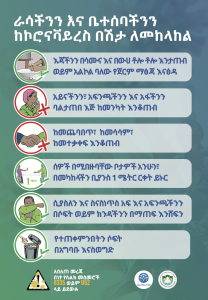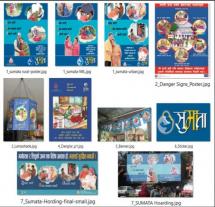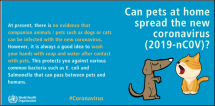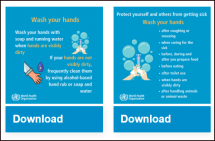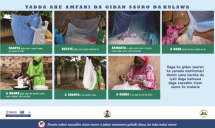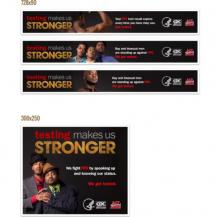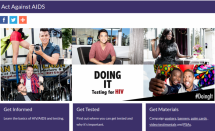COVID-19 Print Materials – Ethiopia
The project has produced a variety of posters, brochures, and stickers for COVID-19 prevention.
Roll-Out Banners
Posters for General Population
Brochures for General Population
- Amhara Page 1 Page 2
- Central Page 1 Page 2
- Oromia Page 1 Page 2
- SNNPR Page 1 Page 2
- Tigray Page 1 Page 2
Brochures for Hotel staff
Posters for Travelers (in bus and train stops)
Stickers for Inside Buses and Trains
Handwashing Stickers for Washrooms
Handwashing Reminders
Door and Surface Stickers
Poster for Nursing Home Attendants
Source: Breakthrough ACTION/Johns Hopkins Center for Communication Programs
Date of Publication: June 16, 2020
SIMILIAR RESOURCES
Tools
Examples
- Technical Brief: Virtual Pretesting during COVID-19
- Technical Brief: Using Social Media to Disseminate COVID-19 Information
- Technical Brief: Socially Marginalized Groups and COVID-19
- Technical Brief: Integrating Gender in the COVID-19 Response
- Technical Brief: Creating a Real-Time Rumor Management System for COVID-19
- Key considerations: Quarantine in the Context of COVID-19
- Actions to Support Media, Enhance Access to Information, and Leverage Digital Technologies in the Fight Against the Pandemic
- COVID-19 Testing Communications Toolkit
- COVID-19: Simple Answers to Top Questions Risk Communication Field Guide Questions and Key Messages
- A Guide to WHO’s Guidance on COVID-19

